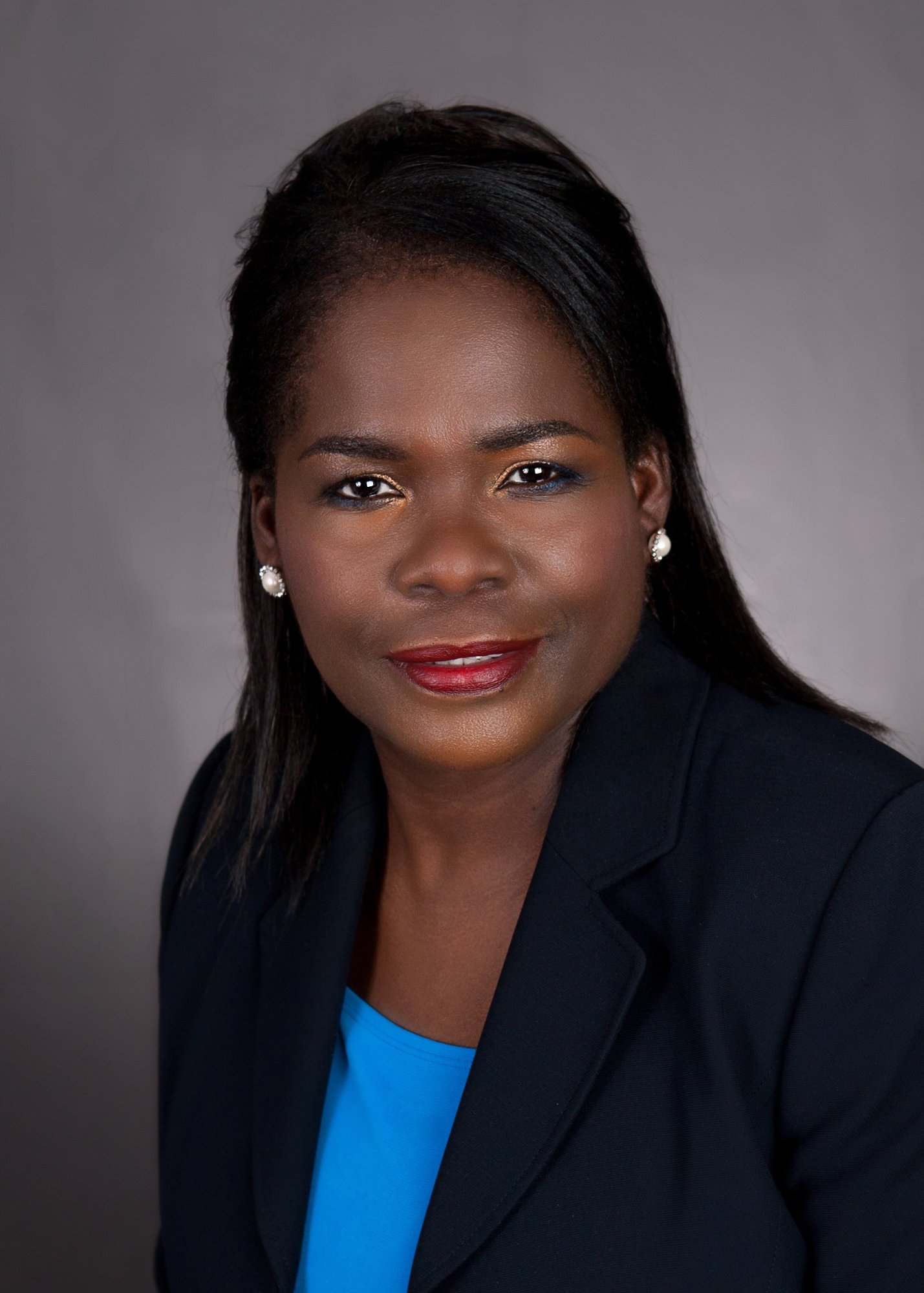Is graduate education in nursing a solution to improve rural health?
From 2016 to 2018, I participated on a regional policy board in the Midwest to generate ideas to improve rural health and future legislation. The conversations were always challenging, with community trends related to workforce, access challenges, rising rates of chronic disease, poverty, and environmental hazards. We always left inspired and had great ideas to influence future legislation.
Five years ago, I met three family members who worked in the same critical access hospital. The family consisted of a registered nurse, nurse practitioner, and physician. They were committed to improving rural health, and the registered nurse voiced the need to pursue graduate education as a clinical nurse leader to have a more significant influence on patient outcomes. The theme that resonated in both situations was the importance of higher education in navigating rural health challenges.
As I look toward the future, I believe a master's or doctorate in nursing may provide rural communities with nurses who have new critical thinking skills, ideas, a desire for innovation, and futuristic competencies to improve health. Here are six strategies for consideration:
- Motivate the youth to consider graduate education: Nurses impact health directly and indirectly. They use knowledge, values, ethics, leadership, and interpersonal skills to influence patient outcomes and the workforce. The more education nurses obtain, the more competent they will become in influencing patient outcomes locally and globally.
- Fund scholarships: Some of your neighbors may aspire to learn and grow in health care, but funding may be limited. Consider creating a scholarship fund by working with local high schools to identify potential nurses and support their education at the undergraduate (bachelor's) and graduate (master's or doctorate) levels.
- Hire clinical nurse leaders (CNLs): This is a master-prepared nurse who can offer your community a broader skill set. A CNL has nine competencies: clinician, educator, advocate, outcomes manager, information manager, team manager, system analyst, and member of the profession in a critical access hospital, a CNL can help ensure care coordination and forge partnerships for community resources. This role has been proven to provide continuous leadership and improve patient outcomes.
- Invest in expanding your workforce with nurse practitioners: Nurse practitioners have proven valuable in areas with limited physicians and may have a master’s degree or a doctorate. They can treat diseases, manage chronic conditions, and prescribe medications. There are various specialties, such as acute care, anesthesia, primary care adult, primary care pediatrics, and gerontology.
- Invest in graduate nursing leadership education: A master's or terminal degree level, such as a doctor of nursing practice in health systems, equips a nurse with advanced nursing practice skills. We know that the influence of advanced nursing leadership education is related to improving nurse outcomes and patient outcomes. We need advanced nursing practice skills during an era of burnout and increasing patient demands to reshape the work environment and the outlook of the current workforce.
- Graduate nursing knowledge to improve the community's quality of life and manage chronic conditions: Increasing a nurse’s education usually impacts their immediate family and the communities they serve, and knowledge can be shared and modeled for others to follow. For example, eating healthier foods and exercising must be modeled to manage chronic conditions like heart disease and diabetes.
Although advanced nursing practice roles may not be visible in many communities, many nurses innovate and study new ways to improve patient care. They are skilled at utilizing new operating methods to adopt leading-edge strategies and reduce costs. In addition, nurses may study ways to improve health care systems, manage the workforce, manage symptoms of pain or nausea, minimize risk factors through genetics and gerontology, find ways to mitigate safety issues, and use electronic records to predict and reduce adverse patient outcomes.
Nurses with graduate degrees are highly influential and can be positioned in rural America to advocate for the future of rural health. Their influence has been linked to action, change, commitment, compliance, and high-level decision-making, which makes them the ideal workforce to improve rural health. Let's consider graduate education as a solution to improve rural health and equip the workforce with cutting-edge knowledge and advanced nursing competencies to improve chronic care, poverty, access challenges, chronic disease, and environmental hazards.
NRHA adapted the above piece from Iowa Online Nurse Residency Program (IONRP), a trusted NRHA partner, for publication within the Association’s Rural Health Voices blog.
 | About the author: M. Lindell Joseph, PhD, RN, is a clinical professor and the director of the doctor of nursing practice and master of science in nursing in health systems administration and executive leadership programs at the University of Iowa College of Nursing. From 2016 to 2018, she served on the American Organization for Nursing Leadership board of directors. She was appointed ex-officio member of the American Hospital Association regional policy board for Iowa, Nebraska, North Dakota, South Dakota, Missouri, and Minnesota. |
References
- Huber, D.L., & Joseph, M.L. (Eds.) (2021). Leadership and nursing care management (7th ed.). Elsevier.
- Joseph, M. L., & Huber, D. L. (2015). Clinical leadership development and education for nurses: Prospects and opportunities. Journal of Healthcare Leadership, (7), 55-64. doi: 10.2147/JHL.S68071.
- Davis, M., Joseph, M. L., Zimmermann, D., &, Ward, D. (2023). The role of the wider organization and community in meaningful nurse manager recognition. Nurse Leader. 21 (6) 644-651
- Joseph, M. L., Edmonson, C., Godfrey, N., & Shaffer, F., Kuhl, L., Bickford, C., Cusack, C., Dickow, M., Llebig, D., Orouke, M., Owens, R., Priddy, K., Sommer, S. (2023). The conceptual model for professional identity in nursing: A global perspective. Nursing Science Quarterly. 36 (2), 143-151.
- Sundean, L., Han, H.L., Waddell, A., & Adams, J.M. ( 2021). A concept analysis of influence for nurse leaders. Nursing Outlook. 69 (3), 286-292.
